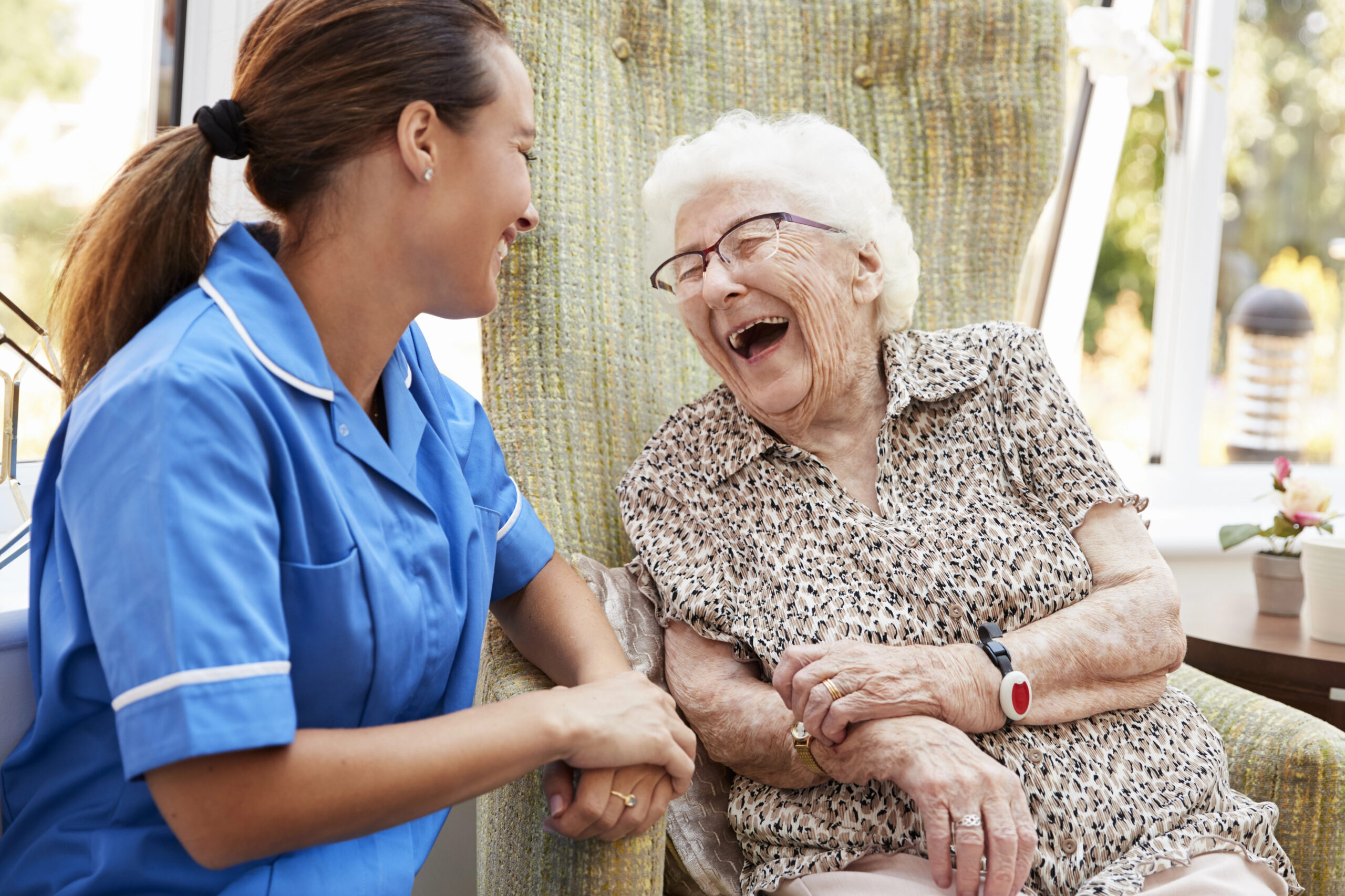Social connection plays a crucial role in maintaining mental and physical health, especially for seniors receiving home care. Understanding these benefits can help families and caregivers prioritize social activities in care planning.
Why Social Connection Matters
Regular social interaction helps:
- Reduce feelings of isolation and depression
- Maintain cognitive function
- Boost immune system function
- Increase physical activity levels
- Improve overall quality of life
Creative Ways to Stay Connected
Even when mobility is limited, there are many ways to maintain social connections:
- Regular video calls with family and friends
- Participation in online community groups
- Home-based hobbies that can be shared with others
- Regular visits from caregivers and family members
- Pet therapy or companion animals when appropriate
The Caregiver’s Role in Social Support
Professional caregivers do more than assist with daily tasks. They provide:
- Meaningful conversation and companionship
- Assistance with communication technology
- Transportation to social activities when possible
- Engagement in shared activities and hobbies
- Connection to community resources and programs
At Assisted Care, we understand the importance of social connection in maintaining overall well-being. Our caregivers are trained to support both the physical and social needs of our clients, helping them maintain meaningful connections while receiving care at home.
